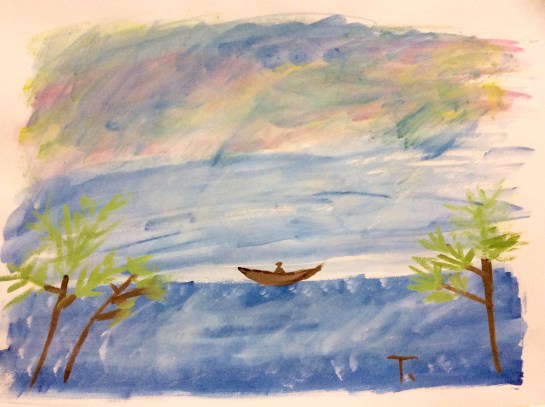This week’s photo challenge theme is “Paths.” And these photos of a runway symbolize my hope for a straighter, smoother 2017.


It is quite apt for me to summarize my year with photos of a plane (part of it) and a runway, as this is the first year I found myself on a plane at least four times a month for 11 months (May was the only month I didn’t travel).
The first quarter of this year, the reasons for flying was my son’s visa and my mother’s deteriorating health (and passing). The rest of the year, I flew home every month to see my son just for the weekend.
My 2016 path was full of bumps and potholes. I hope (and pray to whoever can hear up there!) 2017 will be straighter and smoother, like a runway!
Merry Christmas and a Happy New Year!
T.







